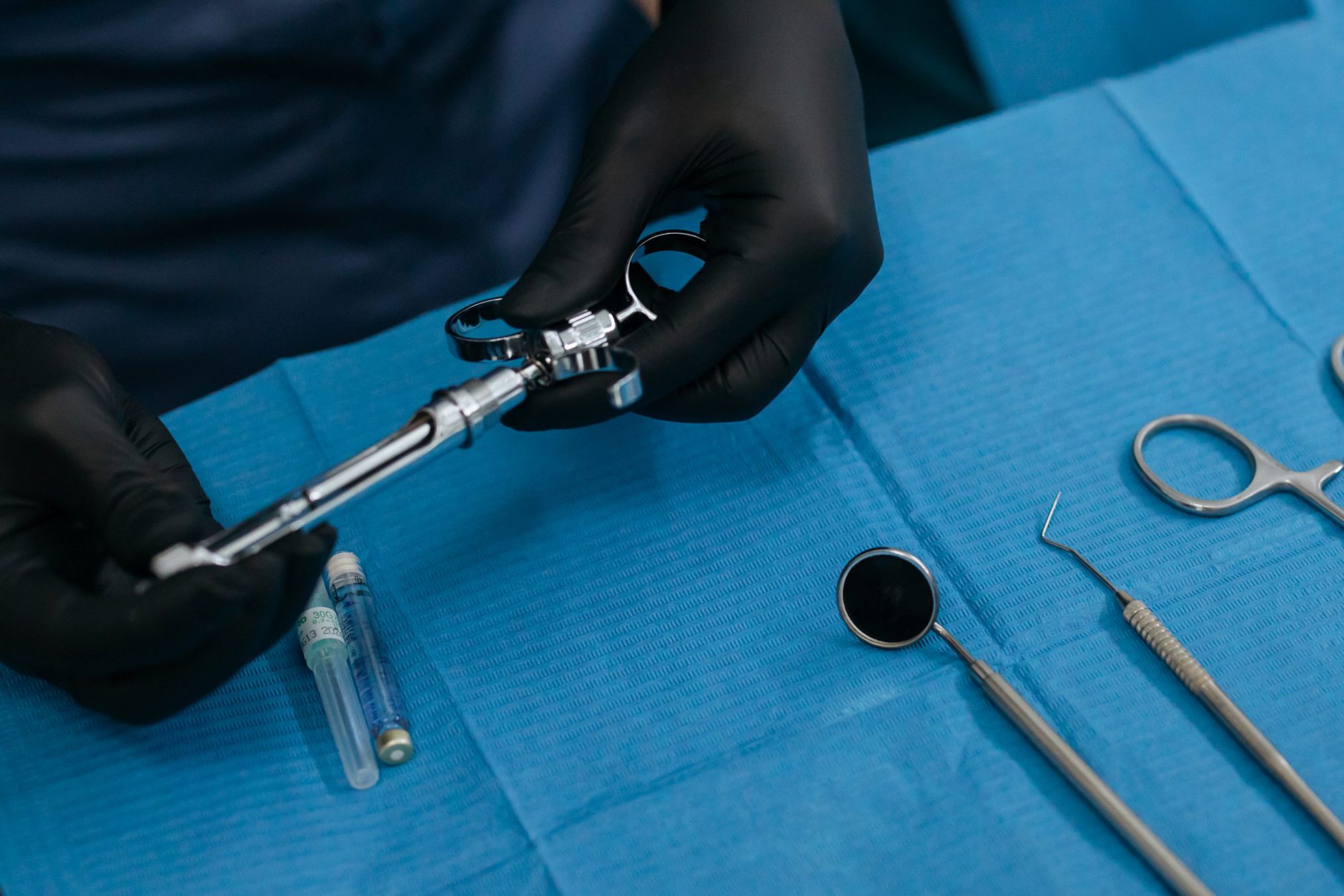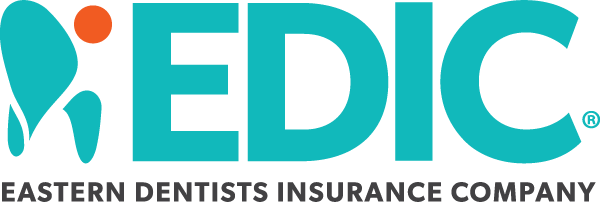Is Informed Consent Needed for Dental Local Anesthesia?

Yes, you should have written informed consent for local anesthesia injections. This can be a paragraph in your specific consent form (e.g., your extraction form) or in your general consent form (e.g., for a basic filling). It can also be a separate form encompassing solely local anesthesia risks, benefits, and alternatives.
Why is Informed Consent Important?
There are risks associated with injections of anesthetics into the mouth that range from allergic reactions to traumatic injuries to nerves and blood vessels. These risks should be shared with your patient.
Dentists generally inform patients about both simple, common risks and rare risks that can occur with a proposed dental procedure. While local anesthesia is extremely safe, negative outcomes may occur. In the event of a negative outcome, the difference between a “complication” and a “mistake” in the eyes of a patient is informed consent.
Example of Language in Informed Consent Forms
For example, the paragraph below can be inserted into your General Consent and Specific Consent forms:
“DRUGS AND MEDICATIONS. I understand that I may receive a local anesthetic and/or other medication. In rare instances, patients can have a severe reaction to the anesthetic, which may require emergency medical attention. Patients can also find that it can reduce their ability to control swallowing. This increases the chance of swallowing or aspirating foreign objects during treatment. Depending on the anesthesia and medications administered, I may need a designated driver to take me home. Temporary or permanent nerve injuries rarely result from an injection.”
As always, remember that informed consent is a process and not just a form. You should discuss the risks, benefits, and alternatives of your proposed dental treatment with your patients. You should also allow the patient to ask questions before you ask them to sign the form. Don’t forget to document your discussion with your patient in your notes!
For more information on the topic of informed consent and local anesthesia, log into the customer portal and watch Dr. Patricia Blanton’s webinar, “Dental Local Anesthesia: Potential Risks and Risk Mitigation: A Clinician’s Guide.” Watching this webinar will earn you two CEUs, plus a two-year discount on your EDIC premium.
To access EDIC’s dental consent forms, log into the customer portal and click on Resources.

